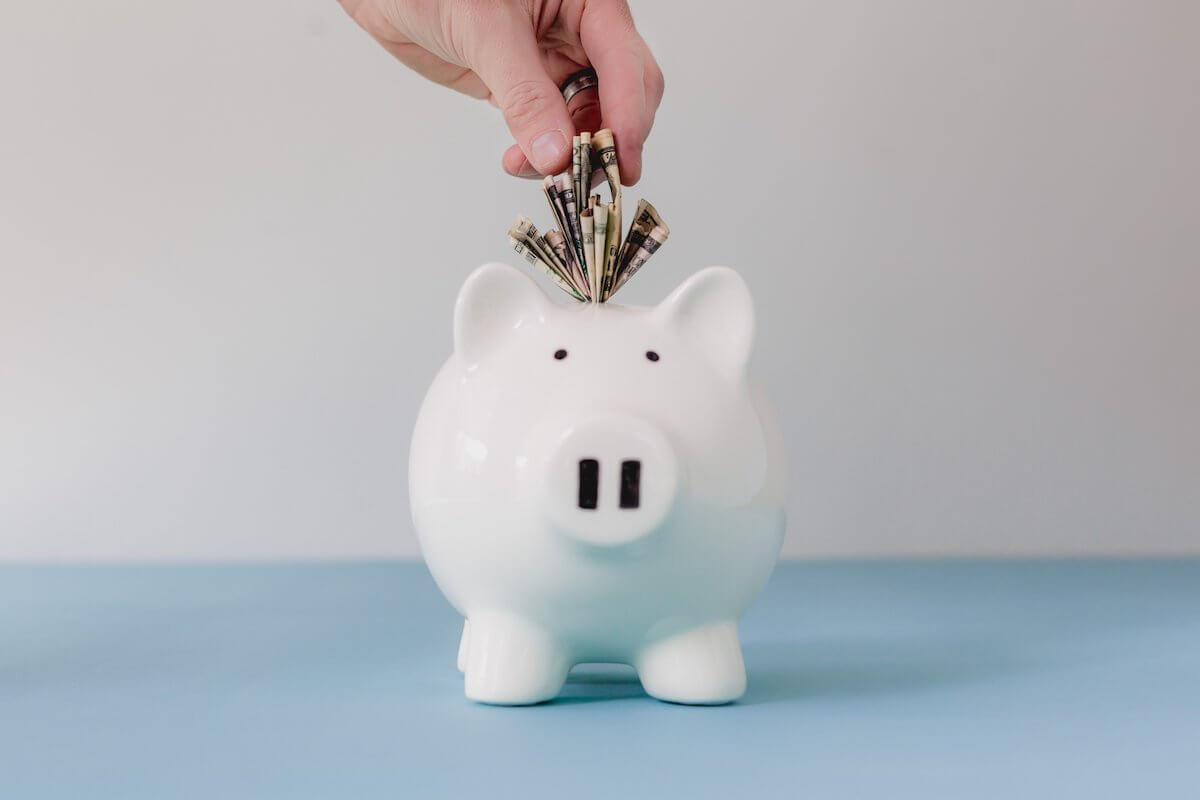So, you’re in debt, and you’re really freaking out about it. First, breathe. You’re not alone. Many of us are more financially uncertain than ever before, and it’s easy to rack up credit card debt from tuition costs, job loss, addictive shopping habits and more. Even if you’re responsible with money, credit cards make it easy to spend money without thinking. Perhaps job loss, children, or other twists and turns contributed to the debt you’re living with now.
Is your debt a problem?
If you’re reading this article, you’ve likely felt that way of stress, shame, or anxiety that comes from knowing you’re in debt. Here are some signs that it’s time to take action for your own wellbeing:
- You’re missing payments on debt or paying them late because money is tight.
- You don’t actually know exactly how much money you owe.
- You overdraw your chequing account more than once a year.
- You typically spend more than 15-20 per cent of your income on debt.
- Thinking about your debts brings you stress, anxiety or embarrassment.
Let’s get to the root of your debt problem and highlight some creative ways to take back control of your finances and your life.
5 tips to address financial debt
1. Address your debt head-on
This first step is going to make you cringe, but it’s important. If you’ve got an infection and you’re having surgery, the surgeon has to see what’s really going on in order to operate. Debt management is often simialr. You might want to hide your eyes or squint like when you’re watching a horror movie — but it’s important to truly look at how much debt you have. You can’t manage debt if you don’t know what you’re managing. Looking away doesn’t mean it’ll disappear.
- Add up all your credit cards, loans, money owed, money borrowed, lines of credit, tuition debt, and anything else that puts you in the red across the board.
- Write the number down and make yourself look at it. It’s okay! This is good. You see the facts, and that’s the first step.
2. Time to strategize
Paying off your debt might feel impossible or take time, but be patient! Start by understanding your budget:
Related Articles
- How much do you make monthly?
- What do you spend money on?
- What are your essentials, and where are you spending extra that you don’t need to spend?
- What are some ways you can potentially add a side hustle to make some extra cash, or where can you sell or release things that could bring in some financial support?
3. Take action to address your financial debt!
Here are some ways you can minimize interest or take steps to pay off your debt.
- You can call your bank or credit card company, explain the reasons for your debt and outline your plan to pay it off. Ask about options and alternative plans for payment. Call before you miss a payment, and ask them to confirm any agreement in writing. Some creditors will forgive some debt, lower interest rates, break it into smaller payments, suspend payments, and more.
- Is there a way you can consolidate your debt? Ask your bank about lower interest options to help you pay off credit cards. You may qualify for a low-interest line of credit or other options that will help you pay off your debt with lower interest.
- Share your debt with someone close to you. It can feel awkward to disclose debt concerns to a partner, friend, or your family, but by choosing a trusted person to confide in, you’re also creating accountability.
- Create a monthly check-in where someone you trust can ask about how it’s going, help you brainstorm, and keep you accountable for your spending and your debt management plans. Choose someone who will check-in, but who will support you without judgment as well.

4. Reflect throughout the process
Asking “why” is an important part of understanding your debt and tuning in with a mindfulness practice will help you get there. If you’ve had debt throughout your adult life, you may even find that when you suddenly make money, you feel uncomfortable having money in the bank. For some of us, the anxiety of debt is so familiar that it begins to feel comfortable or creates a state we default back to because it’s all we know. Knowing how you got here will also help you prevent more debt from accumulating in the future.
5. Plan for the future
Discover how to manifest the life you want. Who are the people, the things, and the experiences that matter to you? How can you enjoy those things without money? What’s your big-picture vision for your financial future and stability? Meditating on your life and financial goals and envisioning them coming true can be an inspiring way to shift into a more positively-minded way of thinking.
Want to know more about how to better manage your money? Learn how to invest wisely during uncertain times.







